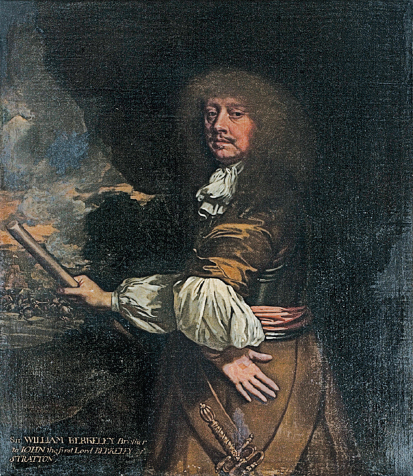Social and Economic Polarization
Printed Page 69

The first half of the seventeenth century in the Chesapeake was the era of the yeoman — a farmer who owned a small plot of land sufficient to support a family and tilled largely by servants and a few family members. A small number of elite planters had larger estates and commanded ten or more servants. But for the first several decades, few men lived long enough to accumulate fortunes sufficient to set them much apart from their neighbors.
Until midcentury, the principal division in Chesapeake society was less between rich and poor planters than between free farmers and unfree servants. Although these two groups contrasted sharply in their legal and economic status, their daily lives had many similarities. Servants looked forward to the time when their indentures would expire and they would become free and eventually own land.
Three major developments splintered this rough frontier equality during the third quarter of the century. First, as planters grew more and more tobacco, the ample supply depressed tobacco prices in European markets. Cheap tobacco reduced planters’ profits and made saving enough to become landowners more difficult for freed servants. Second, because the mortality rate in the Chesapeake colonies declined, more and more servants survived their indentures, and landless freemen became more numerous and grew more discontented. Third, declining mortality also encouraged the formation of a planter elite. By living longer, the most successful planters compounded their success. The wealthiest planters also began to buy slaves as well as to serve as merchants.
By the 1670s, the society of the Chesapeake had become polarized. Landowners — the planter elite and the more numerous yeoman planters — clustered around one pole. Landless colonists, mainly freed servants, gathered at the other. Each group eyed the other with suspicion and mistrust. For the most part, planters saw landless freemen as a dangerous rabble rather than as fellow colonists with legitimate grievances. Governor William Berkeley feared the political threat to the governing elite posed by “six parts in seven [of Virginia colonists who] … are poor, indebted, discontented, and armed.”